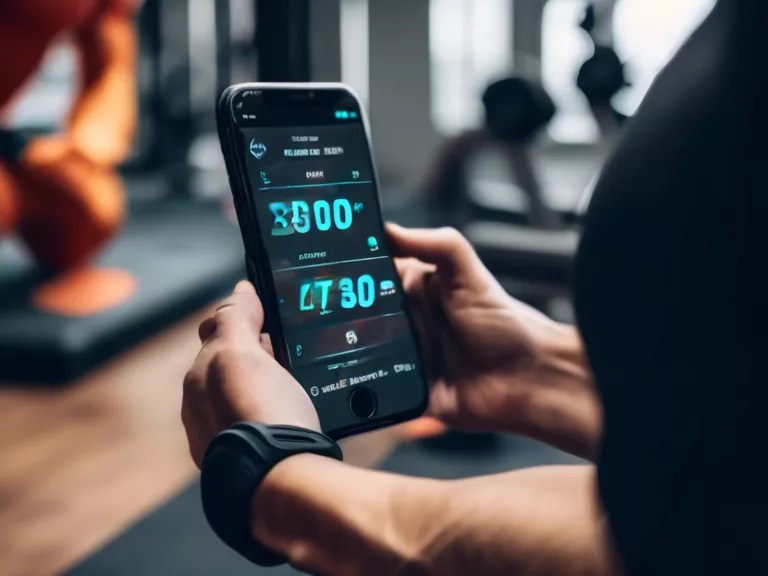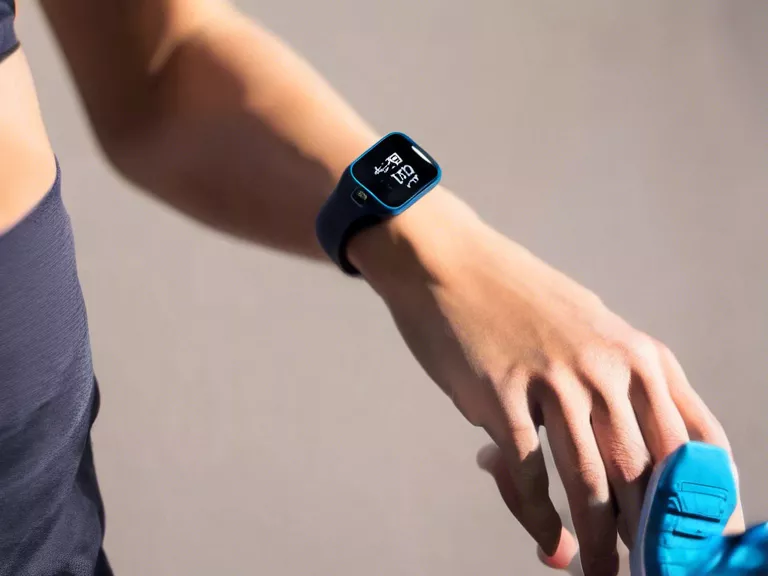
With the rise of technology, fitness apps have become increasingly popular for individuals looking to track their workouts and stay motivated. One exciting development in these apps is the use of artificial intelligence (AI) to create adaptive workout plans tailored to each user's unique needs and goals.
AI algorithms analyze data collected from users, such as their fitness level, preferences, and progress, to generate personalized workout plans that evolve over time. This dynamic approach ensures that users are constantly challenged and making progress towards their fitness goals.
One of the key benefits of using AI for adaptive workout plans is the ability to adjust to changes in the user's fitness level or lifestyle. For example, if a user reports feeling more fatigued than usual, the AI algorithm can modify the workout plan to include more rest days or focus on lower-intensity exercises. This level of customization helps prevent burnout and injuries, ensuring that users can stay consistent with their fitness routine.
Furthermore, AI-powered workout plans can provide users with real-time feedback and guidance during their workouts. By analyzing factors such as heart rate, form, and performance, the app can offer suggestions for improving technique or increasing intensity. This immediate feedback helps users stay engaged and motivated throughout their workout sessions.
In addition to personalizing workout plans, AI algorithms can also analyze trends in user data to make predictions about future progress. By reviewing patterns in workout frequency, intensity, and nutrition, the app can suggest changes to optimize results and prevent plateaus.
Overall, the integration of AI in fitness apps has revolutionized the way individuals approach their workouts. By providing adaptive and personalized workout plans, these apps help users stay engaged, motivated, and on track towards achieving their fitness goals.



